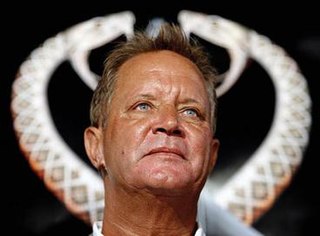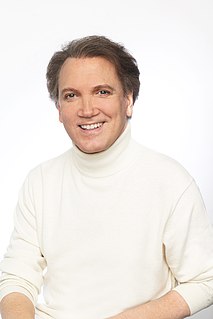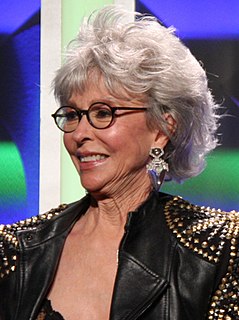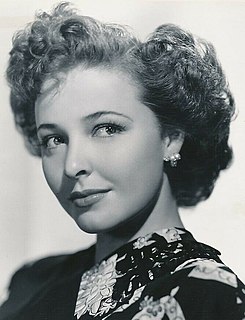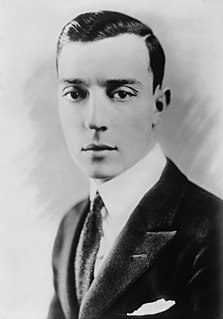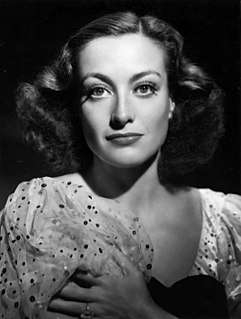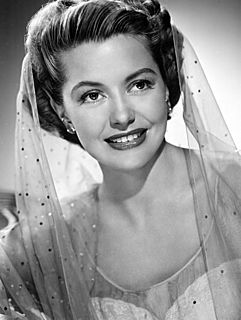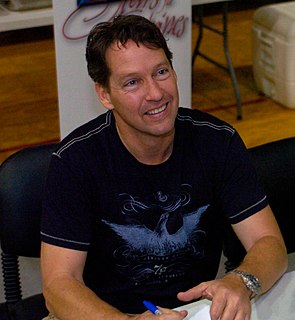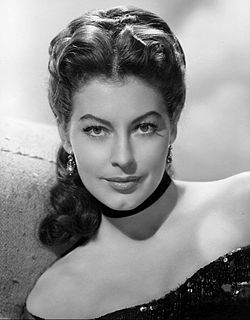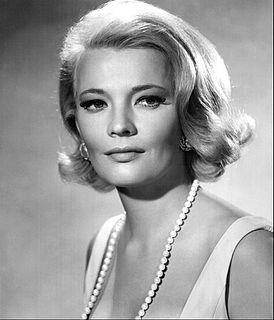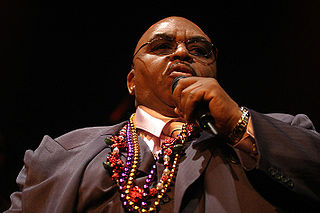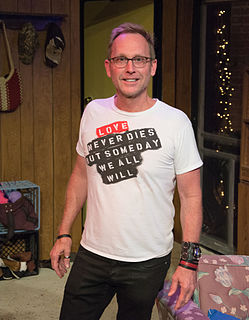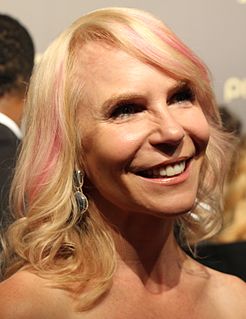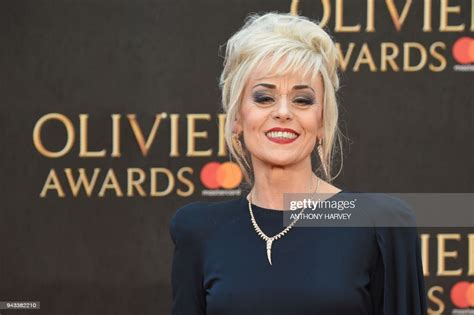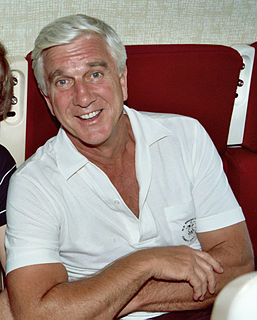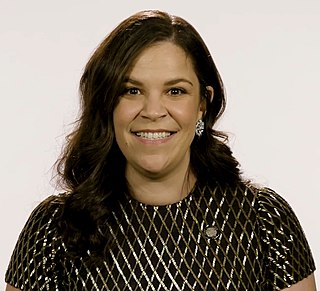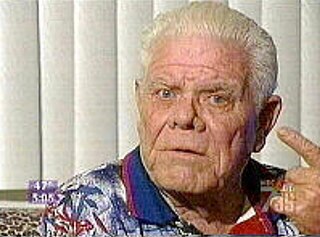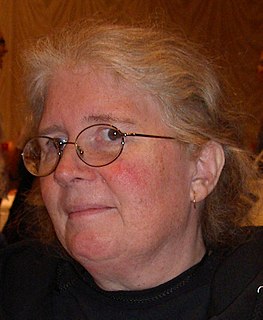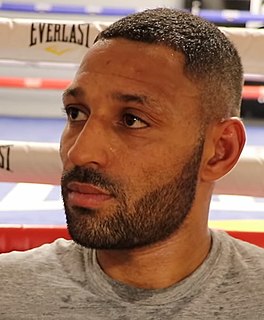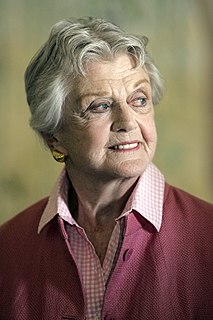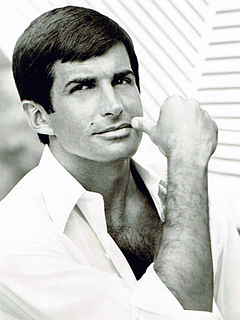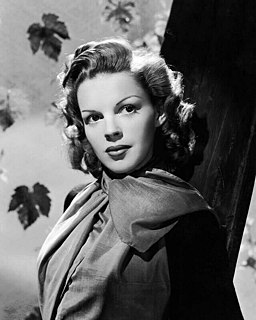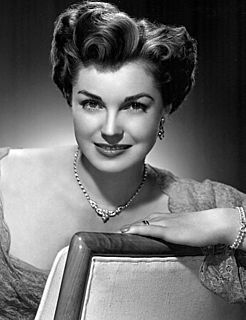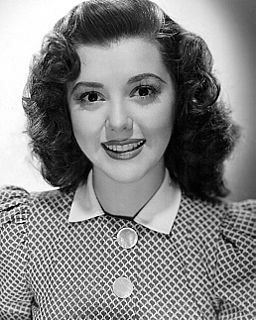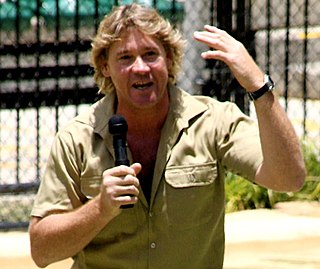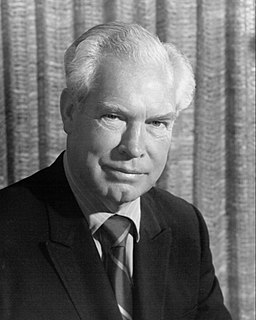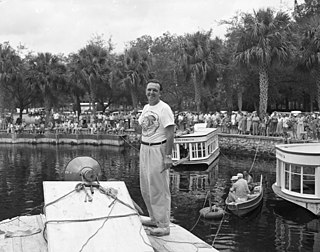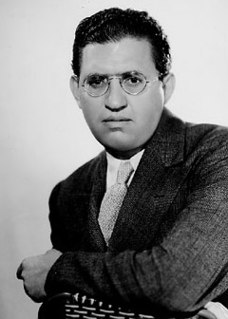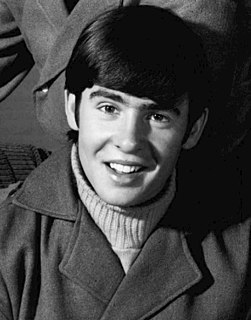Top 90 Mgm Quotes & Sayings
Explore popular Mgm quotes.
Last updated on November 8, 2024.
I very comprehensively studied Irving Thalberg and his biographies. He's who [Scott] Fitzgerald roughly modeled the character after. He worked for him, as a writer, when he was at MGM. And, of course, I revisited the novel and the politics of MGM and the studio system at the time and familiarized myself with the world. There was a great deal of physical and literary work that went into it.
At MGM there was a script cage in the basement where they’d show rushes. And I thought to myself, “How do I get into the script cage and find out what my future is?” I climbed into the script cage one night and spent the whole night in there. I saw the bowels of MGM. I saw the studio scripts that the producers had seen; the writers had just handed them in. And I started thinking this is a chance to pick my own roles.
